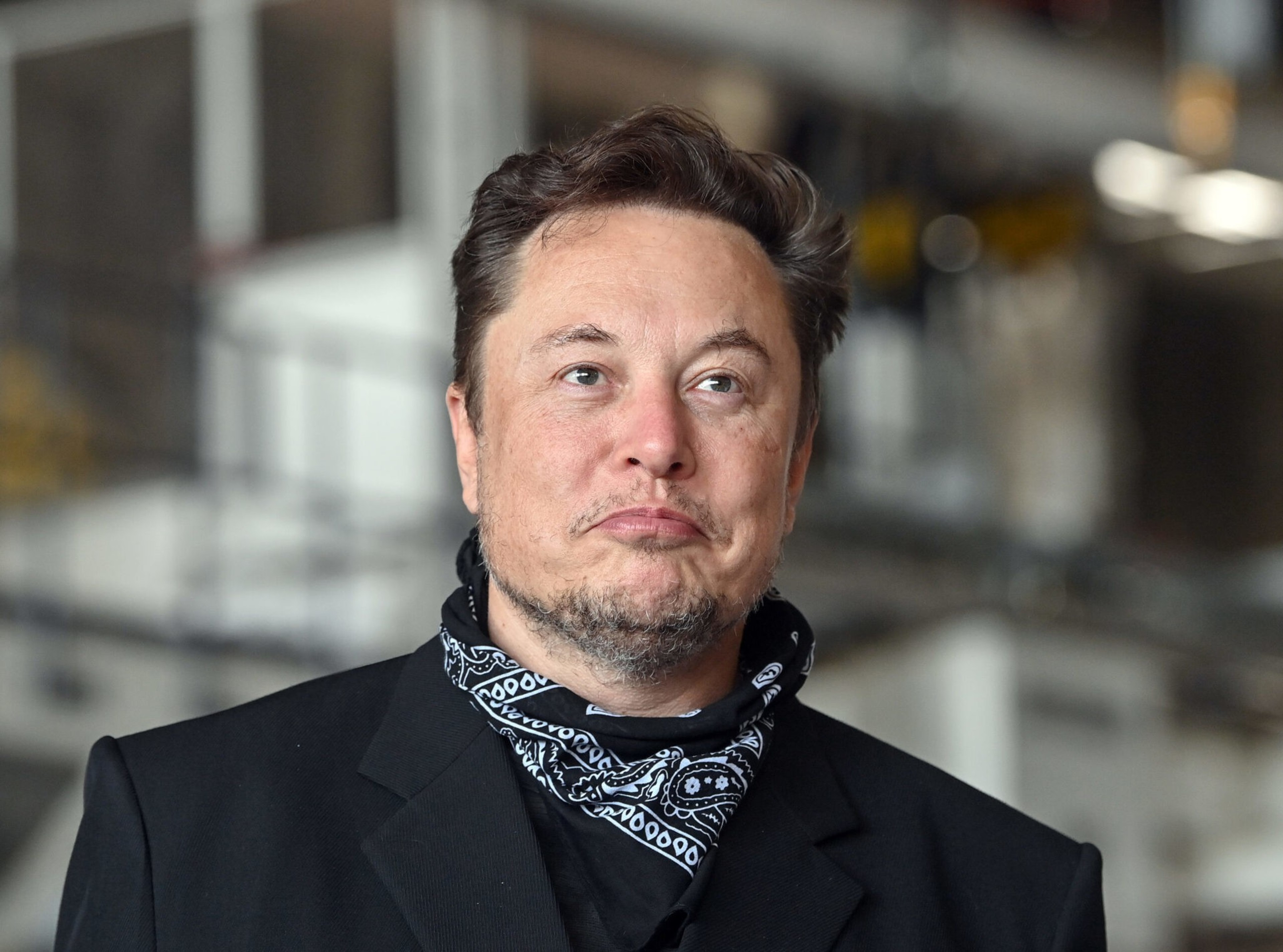Elon Musk, new owner of Twitter, might have a “blue check” rebellion on his hands if widely reported plans to begin charging for account verification come to pass.
The billionaire, who took the reins at Twitter last Thursday, immediately sacked its top management with the stated goal of scaring up more revenue for the struggling social media site, which has turned a profit only occasionally since it went public nine years ago.
Musk and a cadre of insiders, who are said to include investors David Sacks and Jason Calacanis along with personnel from Musk’s other companies, were reportedly considering (opens in new tab) a $20-per-month fee for “verified users”—informally known as blue checks—to keep their status symbols.
But many blue checks, who make up a small minority of Twitter’s user base, weren’t having it.
“Fuck that,” wrote bestselling author Stephen King of the reported $20-per-month fee. “If that gets instituted, I’m gone like Enron.”
“How about $8?” Musk chimed in, asserting in a subsequent tweet that the fee was the “only way to defeat the bots & trolls.”
Calacanis, a tech investor and podcaster with more than 580,000 followers, asked his followers in a poll how much they would pay for a blue check mark—currently reserved for accounts deemed “notable and active”—next to their names. The majority said they would pay nothing.
By Tuesday morning, Musk wrote that for $8 per month, subscribers could get “priority in replies, mentions & search,” among other features.
Musk, who also runs Tesla and SpaceX, bought Twitter for $44 billion in a drama-laden buyout deal and inherited an estimated debt load of $13 billion for the company.
“I don’t think it’s a good idea,” said Per Sjofors, founder of the pricing consultancy Sjofors & Partners Inc., of the plan to charge for account verification. “By making it into ‘anybody can be verified,’ the magic is gone.
“It’s not going to make a dent in revenue, even if all of them sign up,” Sjofors added.
Twitter made about $5 billion in revenue last year, the vast majority from advertising. The company didn’t immediately respond to a request for comment.
Last week, Musk pledged in a memo to advertisers that the social network would not become a “free-for-all-hellscape” on his watch. By Sunday, however, the billionaire had boosted a homophobic conspiracy theory about the attack on Paul Pelosi, husband of House Speaker Nancy Pelosi, in a now-deleted tweet.
Outside Twitter’s Mid-Market headquarters on Thursday, a small group of local tweeters ripped up photos of Musk in protest of the billionaire’s takeover of the social network.
“It’s very dangerous that Musk shared some lies about Paul Pelosi,” said Michael Petrelis, who said he’s been on Twitter for nine years. “That is an awful example of what we can expect more of from Musk. Not good for Twitter.”

On Tuesday, a coalition of civil society groups including the Center for American Progress and the Center for Countering Digital Hate sent a letter to Twitter’s top 20 advertisers urging them to suspend placing ads on the platform if Musk follows through on rumored plans to gut content moderation for the site.
Twitter has occupied its Mid-Market headquarters since 2011, when the city approved a tax break for companies setting up shop in the area. But its San Francisco headquarters has been quiet for much of the pandemic as employees opted to work remotely.
Along with attempting to raise more revenue, Musk is reportedly considering major layoffs at the 7,500-employee social media firm.
On Blind, an app where tech company employees post reviews and chatter, Twitter workers were abuzz over the takeover and feeling in the dark about the sudden changes at the company.
“Personally, I’m sticking around unless I’m let go,” wrote one Blind-verified Twitter employee. “I think we’re all mentally prepared for either outcome, but if we are able to stay [maybe] we can show [Musk] and his team the kind of challenges we face everyday so that they can understand them.”
